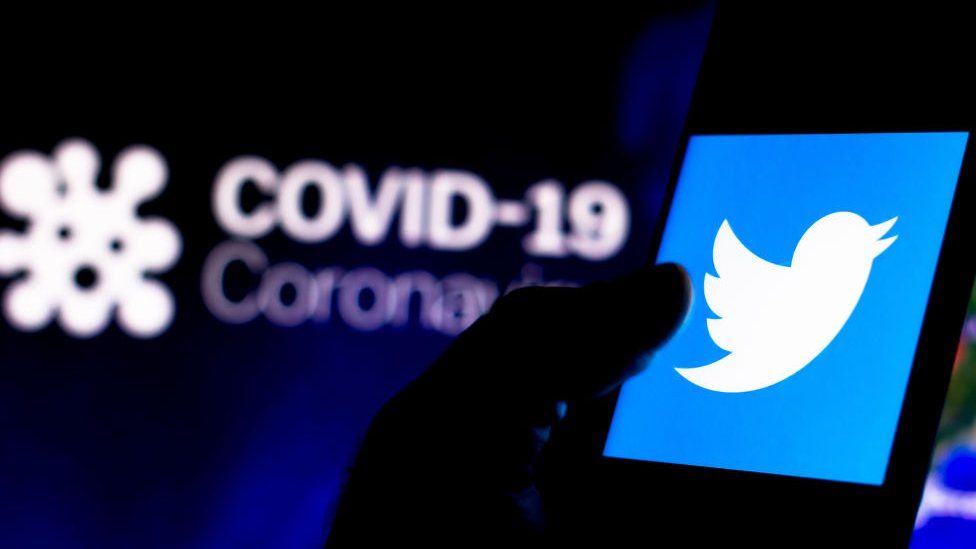Anadi Tewari
“In these trying times, those desperately seeking help for their loved ones on these platforms should not have their misery compounded through the actions of the State and its instrumentalities. If this does keep happening even after the current order, this Court shall be constrained to use the powers available to it under it contempt jurisdiction,” Supreme Court issues contempt warning to the State Governments and their instrumentalities.
The bench of Justices DY Chandrachud, L. Nageswara Rao and S Ravindra Bhat was hearing a suo-moto case where the bench with deep distress took note of the fact that during this pandemic, individuals seeking help on online platforms in regard to procurement of oxygen, medicinal drugs or finding of hospital be dare unnecessarily been targeted.
The Court further noted that:
“Individuals seeking help on such online platforms have been targeted, by alleging that the information posted by them is false and has only been posted in social media to create panic, defame the administration or damage the “national image”.”
The bench took strict objection to such targeting and went on to remark that:
“Such targeting shall not be condoned, and the Central Government and State Governments should ensure that they immediately cease any direct or indirect threats of prosecution and arrest to citizens who air grievances or those that are attempting to help fellow citizens receive medical aid.”
“Sharing information widely is in itself an important tool in combating public tragedies, like the current COVID-19 pandemic,” the bench explains how these online platforms have assisted the needy in multiple ways and even by offering moral and emotional support.
Clampdown on information sharing must be absolutely stopped
The bench while explaining how the ready availability of information can help in improving the present pandemic situation referred to its judgment in K.S. Puttaswamy (Privacy-9J.) vs Union of India [(2017) 10 SCC 1], wherein the Court had noted how the academic literature documenting the widespread availability of information and the resultant acknowledgement of the problem is what prevented the drought in Maharashtra in 1973 from becoming as bad as the Bengal Famine of 1943.
“Preventing clampdowns on sharing of information on online platforms is not just in the interest of individuals sharing the information, but the larger democratic structures of our nation,” the Court went on to observe in its order.
“Sharing information widely will help in the creation of a “collective public memory” of this pandemic. The presence of collective public memory is important for the creation of knowledge of the problems plaguing us today, so they may be passed on across time,” the Court reasoned against unnecessary targeting of individuals seeking for help on online internet platforms.
Recently, Uttar Pradesh Police initiated criminal proceedings against a man who resorted to Twitter to find oxygen for his dying grandfather.
Case: In Re Distribution of Essential Supplies and Services During Pandemic [Suo Moto Writ Petition(Civil) No. 3/2021]
Click Here To Download The Order

